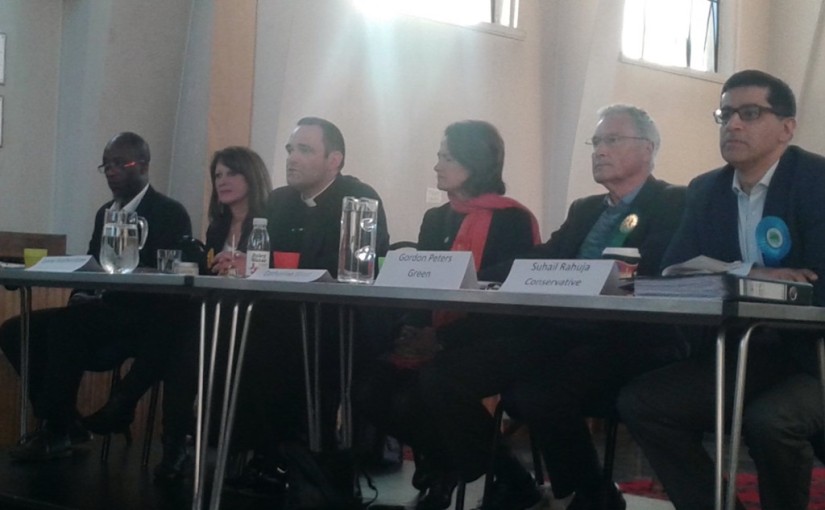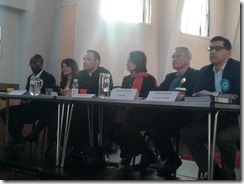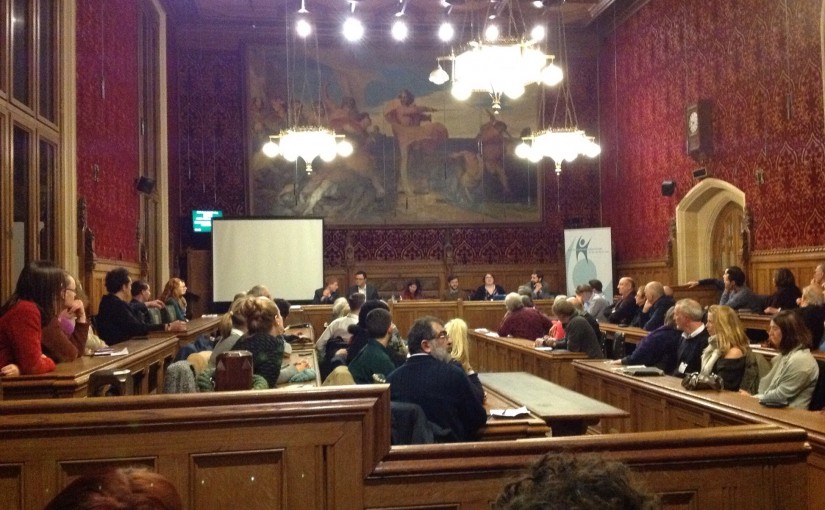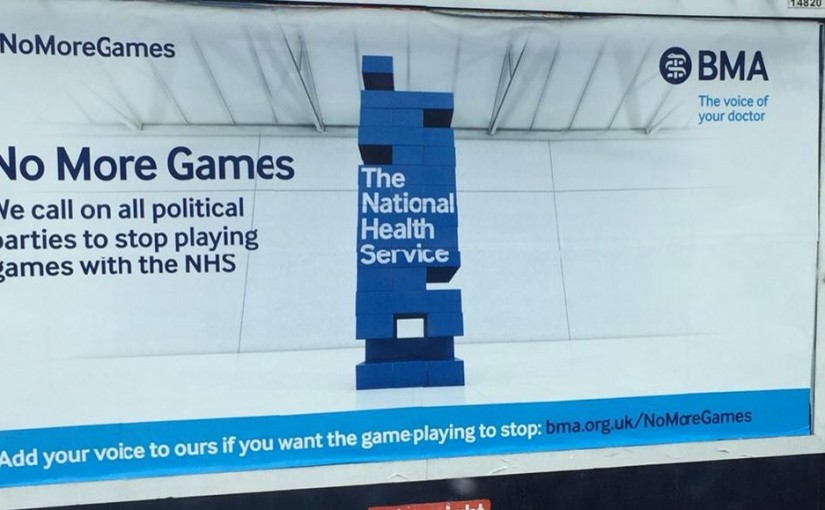Moving to London (details eventually coming) has allowed me to attend more great events. Last night, I attended the British Humanist Association’s Humanist Hustings all-candidates forum for the upcoming European Parliamentary Elections. The event was held in Conway Hall, London’s freethought home.
To my mind, no humanist group in Canada has ever hosted a similar event, but the first major difference here was how, in their opening speeches, nearly every candidate identified as either being a member of the BHA or an atheist. This was especially surprising for some as all major parties, including the Tories and UKIP, were in attendance.
I live tweeted the event, so you can find my reactions under #HHEP14. I thought I’d just post some additional thoughts here.
First, the strongest speaker was, by far, UKIP candidate Tony Brown. Faced with a largely antagonistic audience, Brown made his best case to connect with the audience, discussing his upbringing in an “atheist family” and noting his admiration for Richard Dawkins. He repeatedly tried to draw a link between the EU, and particularly the large European People’s Party (representing numerous Christian Democrat parties), and the Catholic Church. It was a fairly novel argument and could appeal to a nationalistic secularist. Nevertheless, his line that “I’m not a climate change denier, the climate has always been changing” and subsequent denial of man-made climate change was met with heckles.
The other stand-out speaker was Caroline Allen of the Green Party. Her smartest line was to admit that the Green’s science policy had been pretty weak in the past but that they’ve done a lot of work on it and people should give it another look (I will, the link is here). Unfortunately, she lost some credit on this front (in my mind) by maintaining the party line against fracking and GMOs.
Otherwise, the Liberal Democrat, Matt J McLaren, and Tory, Caroline Attfield, both sounded a bit nervous, although McLaren caught his stride near the end and made a strong argument about secularism as a core Lib-Dem value. Attfield, meanwhile, went off policy on a couple points, suggesting that Europe could play a bigger role on security issues (she clarified that she meant foreign policy when probed) and that the role of the Church of England is shrinking.
Dr Louise Irvine of the National Health Action Party made a spirited defense of the NHS and represented her single issue party well. On other issues, she sided between Labour and the Lib Dems (ironically also where she was seated).
Finally, Mary Honeyball, representing Labour and the only sitting MEP at the debate, gave a decent defense of her party, but I got the sense after that she didn’t really inspire anyone. Whether she was aiming to play it safe or not, I think there was a missed opportunity by Honeyball.
My question, prefaced with a thanks to the parties that voted for recent clinical trial regulations (#AllTrials), was on how the candidates would involve evidence in their decision making in the future. Each gave a relatively predictable answer (evidence is widely seen as a good thing), with Dr Irvine mentioning the value of publishing all clinical trials and Brown admitting that the UKIP vote against the regulation was about keeping the policy within the UK, rather than being personally against the idea.
I realised later I should have asked if the candidates would publicly change their mind if evidence proved them wrong. When I asked this to Brown after, he pointed out that Nigel Farage has repeatedly done just that, in particular, noting where his party has been far off.
After the event, I went for a couple drinks and finally managed to meet Andrew Copson, the BHA’s Chief Executive, who very expertly chaired the evening.



